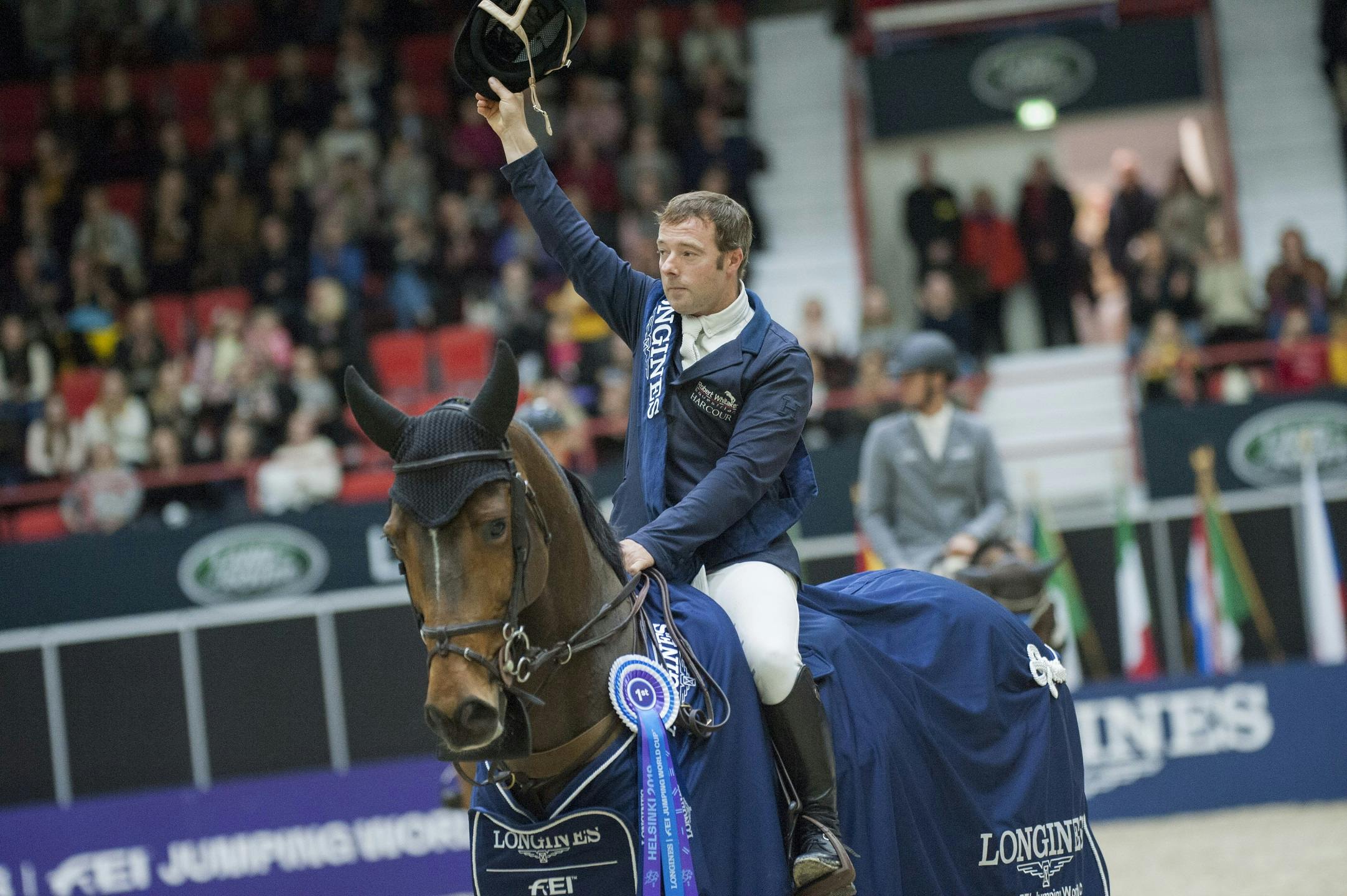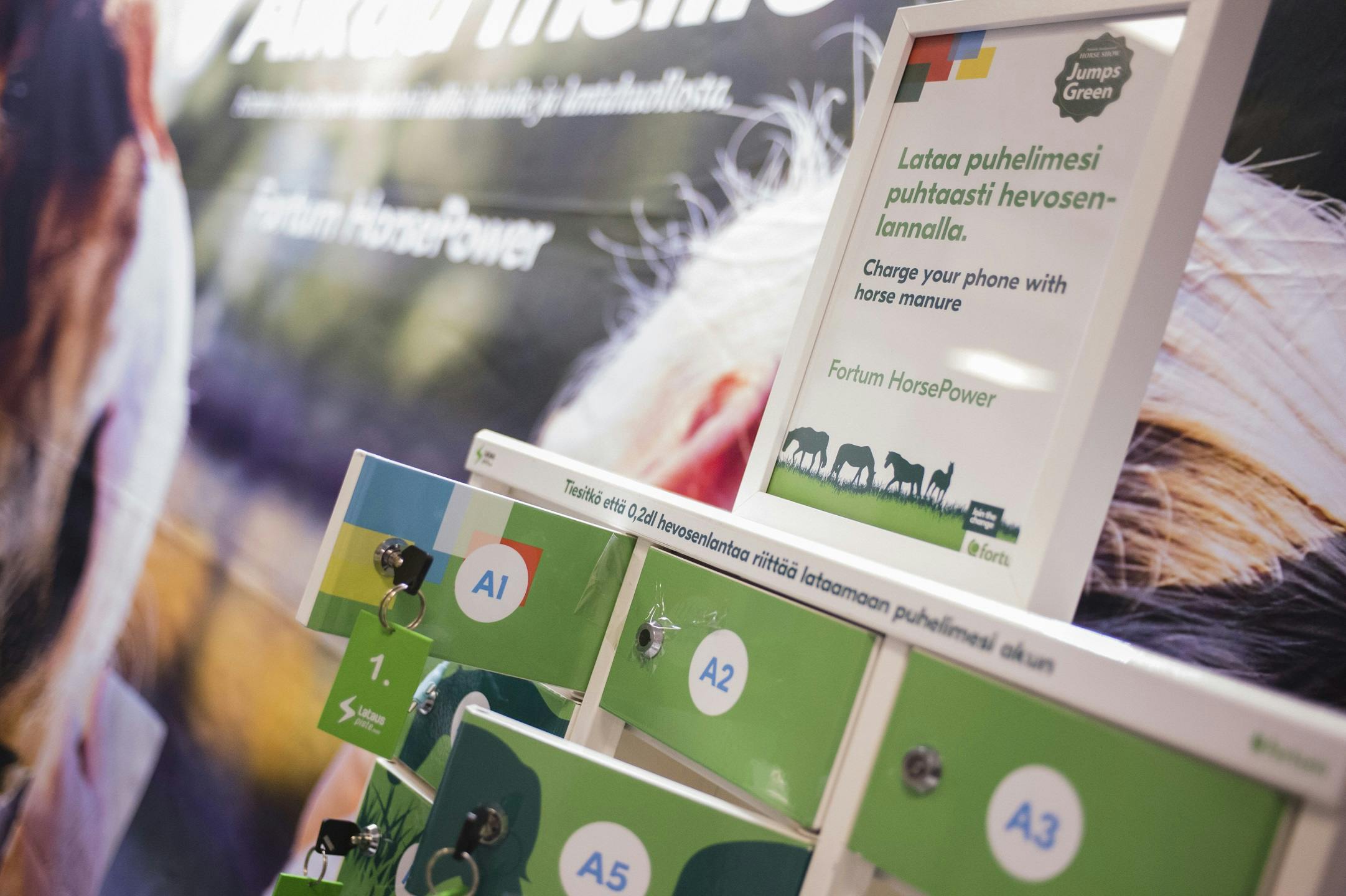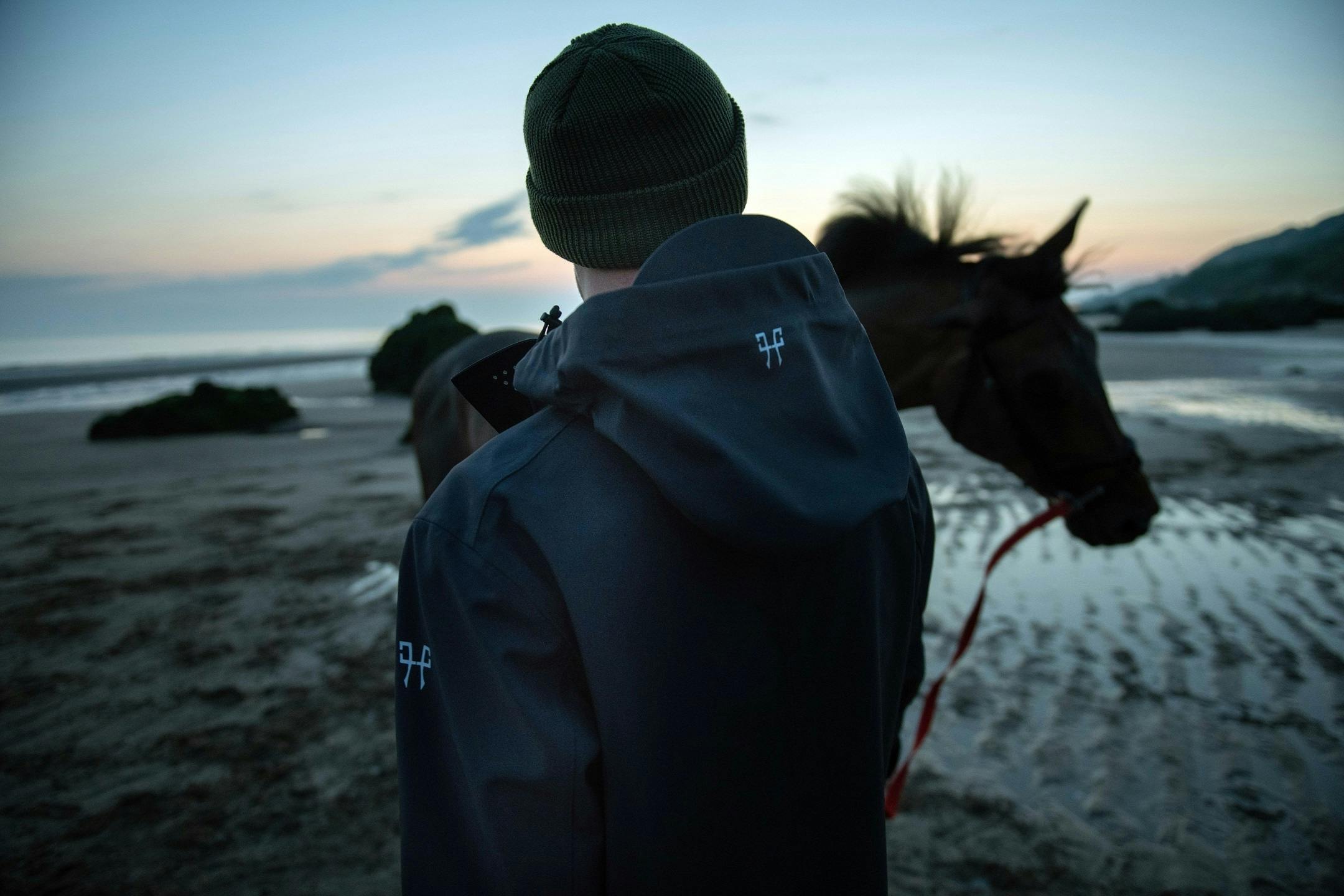As the global governing body of equestrian sport, the FEI has been keen to take a leading role in sustainability among international sports federations, by working with partners and event hosts to adopt innovative green practices and reduce negative environmental impacts.
While the FEI’s sustainability pillars include initiatives at its headquarters as well as FEI-organised events such the FEI General Assembly and the FEI Sports Forum, the governing body acknowledges that it is the third aspect – international equestrian sport events on the FEI calendar – where the most far-reaching positive impacts can occur.
Guiding text
On the back of the FEI’s Sustainability Handbook for Event Organisers, first published in 2014, the governing body has encouraged everyone involved in the staging of equestrian competitions to create positive environmental legacies.
An updated version of the handbook is currently being reviewed in line with Global Reporting Initiative (GRI) standards – a widely adopted global principle for sustainability reporting – in order to meet evolving challenges.
“The FEI plays a key role in motivating its stakeholders to focus on sustainability and the environment by equipping our event organisers with the necessary knowledge to simplify the decision-making process on implementing eco-friendly initiatives,” FEI secretary general Sabrina Ibáñez says.
“This was the driver behind producing the FEI Sustainability Handbook in 2014 and this has become the guiding text for sustainability initiatives. We see it as a living document that provides a framework for organising committees to develop green initiatives and to share best practice from organisers around the world, and work is currently underway to update the Handbook.”
The Handbook promotes eight of the 17 United Nations Sustainable Development Goals, including initiatives related to climate action as well as responsible consumption and production.
In the updated Handbook, an annex for self-evaluation will give each event organiser the opportunity to measure and report on the impact of each of the sustainability initiatives they have implemented during a competition. Each initiative earns the organising committee points that count towards an overall sustainability score.
The governing body is also in the process of developing a Sustainability Portal – a one-stop-shop for information and guidance to give organisers the chance to draw up customised plans.
Tokyo 2020
The FEI’s culture of sustainability will also be put into practice at the Tokyo 2020 Olympic Games.
“The original plan for equestrian put forward by the Tokyo Organising Committee was for a totally temporary venue in the Tokyo Bay area, but when we were consulted on this as an option, we pushed for the alternative which was to re-use of the 1964 Olympic equestrian venue at Baji Koen,” Ibáñez adds. “This was the optimal choice from a sustainability perspective but also to ensure the legacy of this wonderful venue.”
The FEI is also an enthusiastic supporter of the International Olympic Committee’s new guide, Plastic Game Plan for Sport, which was published in collaboration with UN Environment. The document provides guidance to event organisers about creating an effective plan to reduce plastic waste.
By encouraging knowledge exchange between event hosts and the wider equestrian sport community, the FEI’s support in this area has increasingly led to organising committees undertaking their own innovative projects.
For example, at the Longines FEI Jumping World Cup™ competition that took place at the Helsinki International Horse Show in October, horse manure was used to generate the electricity at the event. Fortum HorsePower, which developed the technology, has been a partner of the Helsinki Horse Show in Finland since 2015.
Meanwhile, at the Longines FEI European Championships Rotterdam 2019, several sustainability projects took place. One such initiative was Brasserie 2050, supported by local sponsor Rabobank. The self-service concept was designed to encourage people to eat in a more sustainable way, with dishes served including vegetarian tuna, bread made from potato peels and watermelon tartare, with the restaurant itself made from recyclable materials and powered by a rechargeable battery.
Sponsors
With the likes of Rabobank and Fortum HorsePower providing essential support at such events, it is clear commercial partners can play a key role in helping to deliver a sustainable approach.
“Sponsors are increasingly focusing on sustainability and basing their commercial support on the green factor, but it’s not about just paying lip-service – it’s about living the ideals, and that’s really important for the FEI and for our partners,” Ibáñez says.
“Sustainability is about building long‑term value and it is crucial that the FEI community embraces the same values. The partnership with Horse Pilot, the FEI’s official apparel partner, which uses sustainable and environmentally friendly practices in its production and distribution, is an excellent example of how sustainability provides an extra avenue for collaboration and development.
“As the Rotterdam and Helsinki organisers have shown, magic can happen when commercial partners and event organisers come together on a sustainability initiative. Neither of those projects would have been possible if both partners hadn’t shared the same vision and goals.”
However, the governing body is acutely aware that it is crucial to commit to delivering change at home, as well as around the world.
“Preserving and protecting the environment, alongside the welfare of the horse, is the first principle in the FEI Statutes,” Ibáñez adds. “It is important that the FEI doesn’t just talk the talk, but that we walk the walk and provide the example for our organising committees.”
As an example, the FEI’s headquarters in Lausanne were renovated in 2008 in accordance with the Swiss Minergie construction standard for environmental responsibility, reducing energy consumption by 25 per cent. At the time, only two per cent of renovated buildings in Switzerland met such standards.
Moreover, the FEI’s Green Office Policy has helped to optimise waste management by improving recycling practices through increasing waste separation and minimising single-use plastics. Disposable cutlery has been eliminated from day-to-day operations and the use of paper has been minimised by reducing printing. Webex facilities have also been installed in three of the FEI’s conference rooms to reduce meeting-related travel.

Long-lasting change
The benefits of adopting a clear strategy regarding sustainability from the ground up at a governing body such as the FEI can influence a broad range of people and organisations. Ibáñez is hoping that other international federations will follow suit.
“Federations like the FEI have a real opportunity to effect long-lasting change in societies and communities around the world,” Ibáñez says. “I have seen for myself that making sustainability every employee’s responsibility has given our organisation a greater sense of community and ownership.
“At a minimum, international federations should include sustainability initiatives as a criterion in their bidding documents for their major events and championships to ensure that this is an integral part of the assessment process prior to allocation of these events. This is something that the FEI has been doing for several years.
“Appointing a person within the organisation to ensure that sustainable practices are considered early in the planning process helps make sustainability an automatic part of the decision-making process rather than just being a box that gets ticked occasionally. We saw an immediate benefit after creating the role of FEI sustainability manager.
“The sustainability journey begins with small steps and usually this transformation happens from the inside. The goal is not to achieve as many initiatives as possible, but to be successful with the ones selected.”
Just the start
Despite having made a concerted effort to seize the initiative in sustainability, the FEI acknowledges that there is plenty more to come in this area in the coming years. It is a challenge that the governing body is relishing.
“The FEI is helping to shape the future as we are part of the working groups for the further development of key principles of the UN Sports for Climate Action Framework,” Ibáñez adds. “From a more equestrian-focused perspective, our long-term objective is to work even more closely with organising committees to have sustainability as part of their DNA and not as an afterthought.
“Ultimately, every organising committee on the FEI Calendar will be expected to report on the implementation of their sustainability initiatives. We will also be creating programmes to assist National Federations with developing their own sustainability programmes with local priorities.”
As part of this future focus on sustainability, the FEI is also keen to encourage any innovators who may produce creative solutions to the environmental challenges of tomorrow. For example, a member of the FEI community is working on a project that recycles single-use plastic to create a sustainable base layer for the all-weather footing surfaces used in equestrian arena events.
“We still have a long way to go to achieve all our goals, but I believe we’re on the right track and, as an organisation, we believe we’re well placed to make a difference in the industry,” Ibáñez says.

